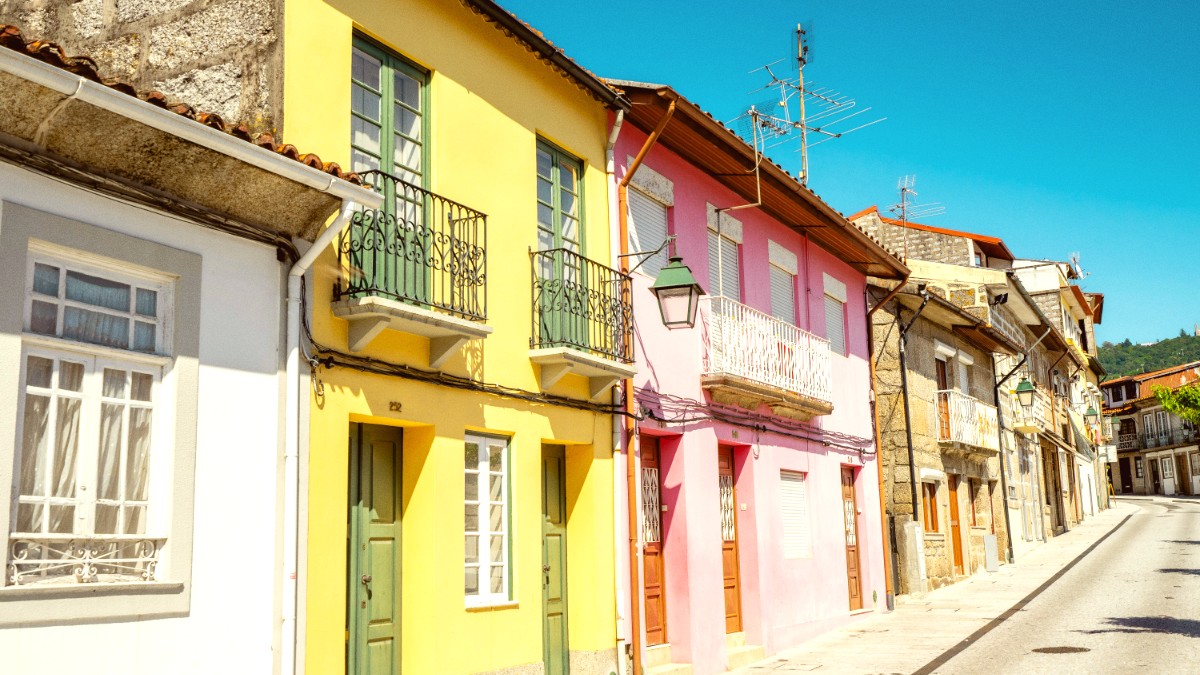
Portugal
No vaccinations mark a requirement for Portugal entry beyond routine ones. Ensure your routine vaccinations remain current. This covers measles, mumps, rubella (MMR), diphtheria-tetanus-pertussis, polio, chickenpox, and the annual flu shot.
Depending on individual risk factors and travel style, Hepatitis A and B find recommendation for travelers. Consult a healthcare provider 4-6 weeks before your trip. Personalized advice based on health history and travel plans is available. Bring your vaccination record.
Portugal runs a public healthcare system (Serviço Nacional de Saúde - SNS) and a robust private sector. Public hospitals offer care. Private clinics and hospitals typically deliver faster service.
EU/EEA/Swiss Citizens: Access public healthcare with your European Health Insurance Card (EHIC). This covers medically necessary treatment on the same terms as a Portuguese resident.
Travel insurance covers medical costs.
Private facilities might ask for upfront payment without insurance.
Public facilities might ask for payment without EHIC.
Identifiable by a green cross sign.
Pharmacists are highly trained. They provide advice for minor ailments.
Many over-the-counter medications are available.
Call 112 for all emergencies.
This number connects you to ambulance, police, and fire services.
Operators speak English. State your location and emergency clearly.
Tap water in Guimarães, and throughout mainland Portugal, is safe to drink unless explicitly stated otherwise. Strict quality controls apply. It undergoes rigorous quality checks.
Food safety standards are high in Portugal. Eat at reputable establishments. Observe food handling practices in markets or street food stalls. Wash your hands frequently, especially before eating.
Consider avoiding unpeeled fruits and raw vegetables at less formal establishments.
Wash hands frequently. This greatly impacts hygiene.
Stick to establishments with good reputations.
Be aware of food handling in outdoor markets.
Carry a Reusable water bottle to refill.
Guimarães faces few major natural disaster risks.
During summer, temperatures get very high. This presents a risk of heatstroke or dehydration. Stay indoors during the hottest part of the day, use air conditioning, and drink plenty of fluids.
In prolonged dry, hot periods, usually during summer, wildfires pose a risk, especially in rural and forested areas surrounding the city. Stay informed via local news if you explore natural parks or remote areas.
Guimarães overall safety is high. Travelers find themselves in a secure environment. Stay informed for natural disaster risks.